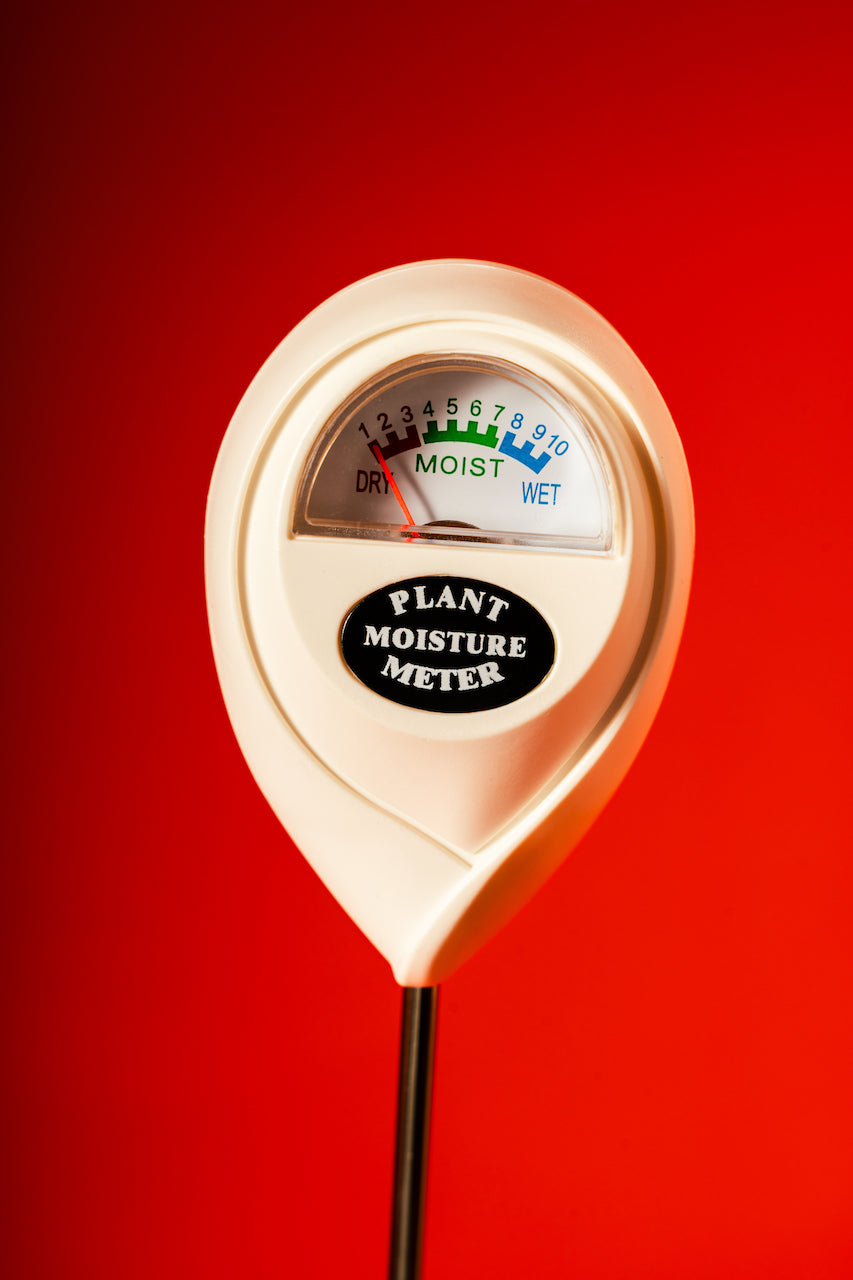Leading 10 Advantages of Using a Moisture Meter for Precise Measurements in Your Home
Leading 10 Advantages of Using a Moisture Meter for Precise Measurements in Your Home
Blog Article
The Ultimate Guide to Dampness Meters: A Comprehensive Summary and Just How They Can Save You Cash
In the realm of structure upkeep, building, and various sectors, the relevance of precisely gauging wetness levels can not be overemphasized. Moisture meters function as crucial devices in finding and keeping track of moisture web content in materials, assisting in stopping expensive damages and ensuring the high quality of products. Recognizing the nuances of different types of dampness meters, their applications, and the potential cost-saving advantages they offer can be a game-changer for professionals and services alike. Discovering exactly how these devices can not just streamline processes yet also add to monetary cost savings is a journey worth starting.
Kinds of Dampness Meters
One common type is the pin-type wetness meter, which measures the electric resistance between two pins inserted right into a product. Pinless wetness meters, on the other hand, use electro-magnetic sensor plates to check a larger location without creating damages to the material's surface.

Infrared wetness meters determine the thermal properties of a material to establish its dampness web content non-invasively, making them helpful for applications where pin or pinless meters might not be appropriate. Understanding the various kinds of dampness meters offered can assist markets select the most suitable tool for their details dampness measurement needs.

Benefits of Utilizing Moisture Meters
Wetness meters use important advantages in accurately examining and keeping an eye on wetness levels in varied materials and environments (Moisture Meter). Among the key benefits of using moisture meters is the avoidance of prospective damage triggered by excess moisture. By spotting and resolving high moisture degrees at an early stage, moisture meters assist to stop mold and mildew growth, rot, and structural damage in buildings, conserving both money and time on repairs. Additionally, moisture meters help in guaranteeing the quality of products throughout building or manufacturing procedures. By properly measuring wetness web content, these devices aid preserve the honesty of timber, drywall, concrete, and various other materials, minimizing the risk of failures or defects.
Additionally, using dampness meters can lead to enhanced energy effectiveness. In farming setups, wetness meters play a crucial function in maximizing crop yields by making it possible for farmers to keep track of dirt moisture levels and make notified watering decisions.
Exactly How to Choose the Right Wetness Meter
When choosing a dampness meter, it's necessary to make sure that the meter is appropriate for the specific product you will certainly be testing. Various products have varying electric residential or commercial properties that can influence dampness readings, so picking a meter created for your material is crucial for exact results. By meticulously reviewing these aspects, you see this page can choose a dampness meter that meets your demands and offers accurate moisture measurements for your tasks.
Appropriate Techniques for Wetness Meter Usage

Expense Financial Savings Via Wetness Meter Applications
Just how can the critical use of wetness meters bring about significant price savings throughout various industries? Wetness meters play a crucial role in cost financial savings by protecting against possible damage and making sure quality assurance in different markets. In the agriculture industry, moisture meters help in address figuring out the optimal time for gathering plants, stopping excess or over-drying wetness that can influence the final product's top quality. This exact surveillance aids farmers prevent unnecessary losses and optimize their yield.
In a similar way, in building, moisture meters help avoid expensive damages by spotting wetness levels in building products, such as wood or concrete, which can bring about architectural concerns if not resolved without delay. By determining issue areas beforehand, professionals can take corrective procedures to prevent comprehensive fixings or replacements, inevitably conserving money and time.
Moreover, in the food handling industry, moisture meters are essential for keeping track of product high quality and ensuring conformity with security policies. By accurately determining dampness content in food, makers can avoid perishing, maintain freshness, and decrease waste, causing significant expense financial savings. On the whole, the critical application of dampness meters is a valuable investment that can result in considerable expense decreases and boosted efficiency throughout different markets.
Conclusion
Finally, moisture meters are important devices for identifying and gauging moisture levels in various materials. By using the right moisture meter and following proper strategies, customers can efficiently prevent expensive problems triggered by excess moisture. Spending in a top quality dampness meter can lead to significant cost savings in the future by identifying prospective problems early on and enabling timely remediation. Inevitably, wetness meters are important instruments for maintaining the integrity official source and durability of structures and materials.
Wetness meters serve as essential devices in detecting and keeping an eye on moisture web content in materials, helping in stopping costly problems and making sure the top quality of products. Infrared wetness meters determine the thermal buildings of a product to establish its wetness web content non-invasively, making them valuable for applications where pin or pinless meters might not be ideal.Moisture meters provide invaluable benefits in accurately assessing and checking moisture levels in varied products and atmospheres. In agricultural settings, wetness meters play an essential duty in maximizing crop returns by allowing farmers to monitor soil wetness degrees and make educated watering choices.In conclusion, dampness meters are useful tools for identifying and measuring wetness levels in different materials.
Report this page